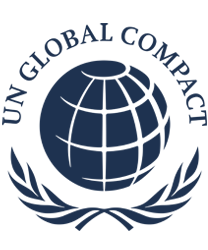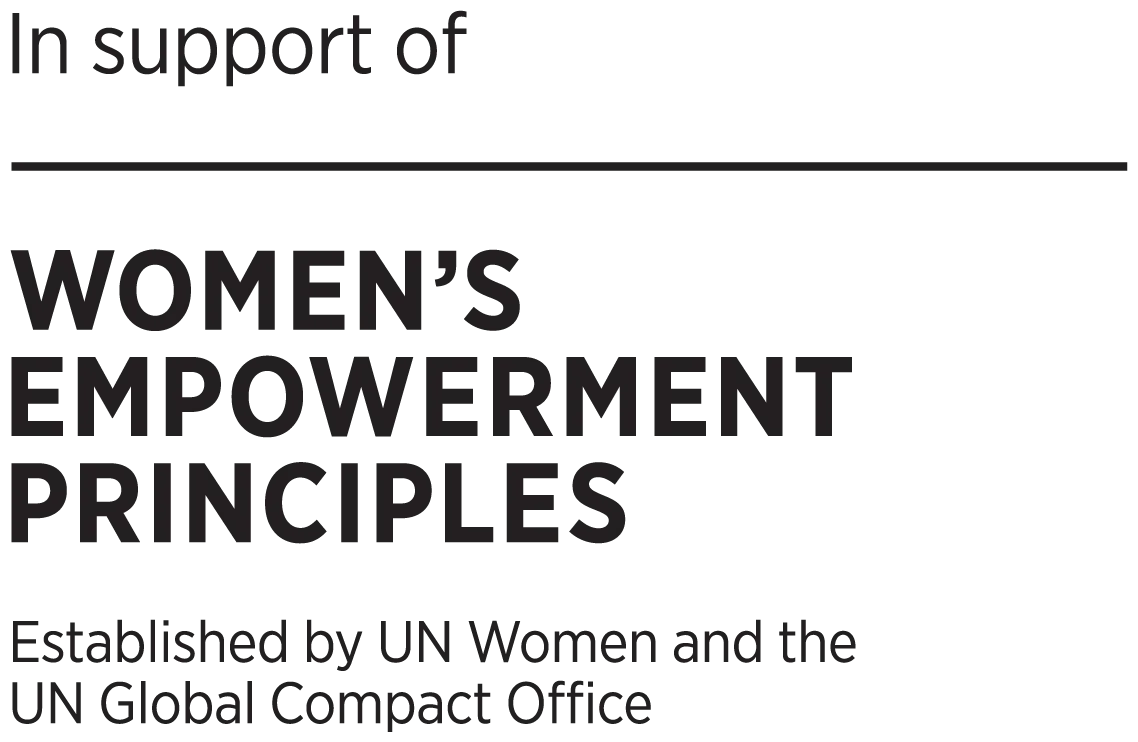CIC commits to be an impact and growth catalyst for sustainable insurance and investment in Africa by integrating sustainability into business operations to drive decisions. We aim for continuous improvement in economic, environmental, and social sustainability performance. We acknowledge our responsibility to ensure that insurance and financial services are accessible to all, and to protect the economy, environment and society.
In alignment with our sustainability commitment, we pledge to encourage community development through CIC Foundation, support local entrepreneurship, foster sustainable practices, promote diversity, equality and inclusion, improve the employee engagement index and improve the customer satisfaction index.

















